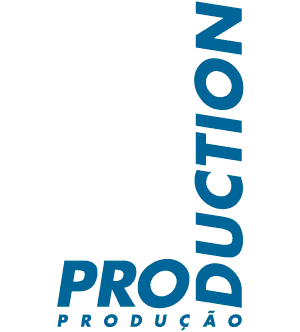Abstract
Paper aims The Solid Waste Collection (SWC) process is fundamental to maintaining the healthiness of cities and protecting the environment. There is a lack of methodologies for integrating process quality control techniques to evaluate SWC performance. This article develops a methodological implementation with a simulation-based optimization technique to model SWC process.
Originality Development of new simulation-based optimization techniques and tools that improve and complement the traditional analysis of variables in SWC Process.
Research method Feasible solutions are obtained through an optimization stage and then solutions are used as inputs for the simulation stage.
Main findings There is a high correlation between the total tons collected and the total time. It is possible to optimize the collection routes by integrating process quality control techniques to reduce the total travel time, which will reduce the operating costs and the environmental impact. Simulation results demonstrate a reduction in error of over 90% for each day, with an optimization of 55% in total times.
Implications for theory and practice The methodology enables the collection of data and results that accurately reflect the behavior and performance of the SWC process. By studying the process variability and uncertainty, enhancing the reliability and robustness of the results.
Keywords: Goal programming applications; Monte Carlo simulation; Optimization model; Quality control model; Solid waste collection management

 A simulation-based optimization model for quality control in solid waste collection process
A simulation-based optimization model for quality control in solid waste collection process Thumbnail
Thumbnail
 Thumbnail
Thumbnail
 Thumbnail
Thumbnail
 Thumbnail
Thumbnail
 Thumbnail
Thumbnail
 Thumbnail
Thumbnail





